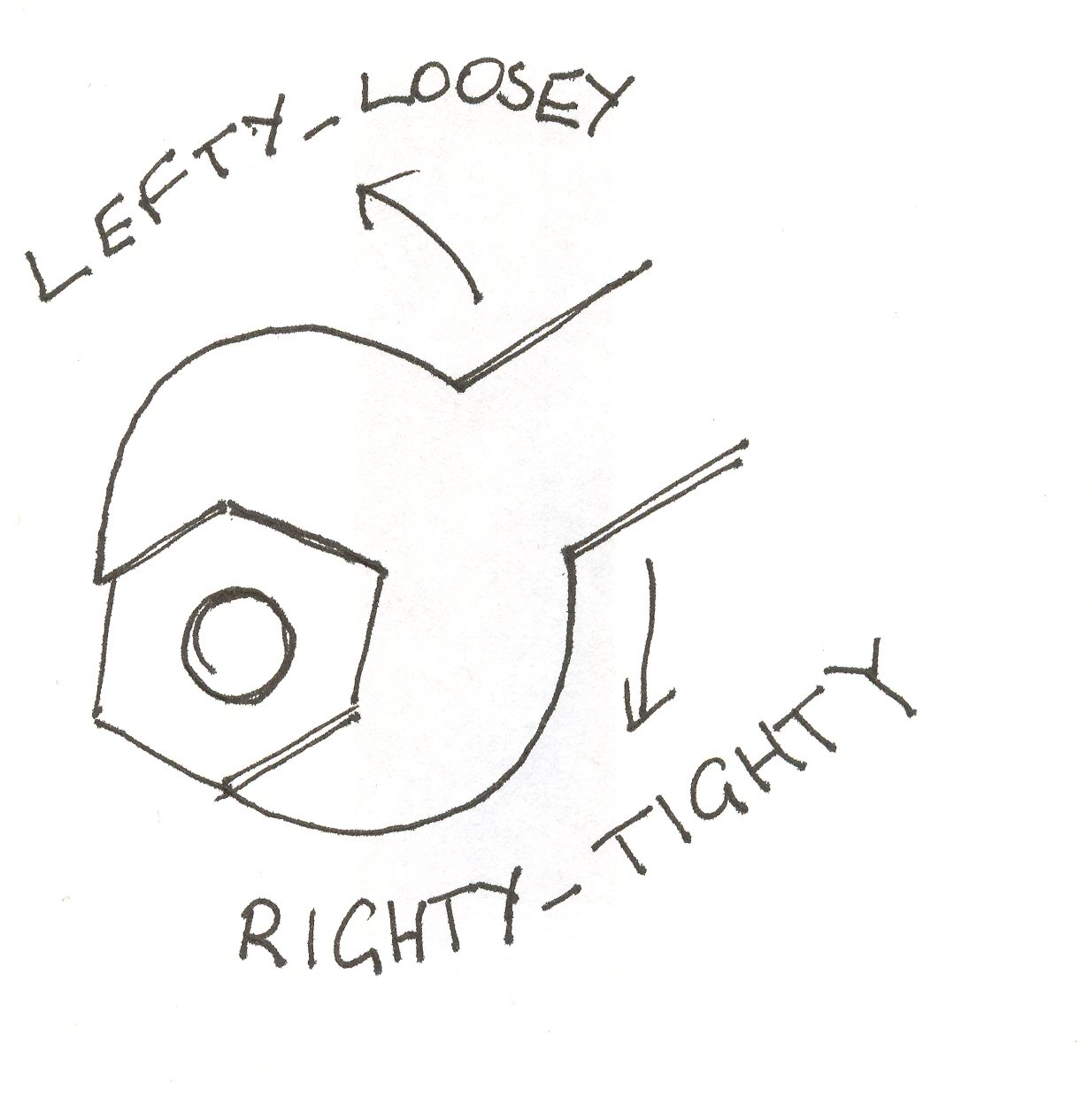this post was submitted on 13 Oct 2024
472 points (97.8% liked)
Asklemmy
43908 readers
1050 users here now
A loosely moderated place to ask open-ended questions
If your post meets the following criteria, it's welcome here!
- Open-ended question
- Not offensive: at this point, we do not have the bandwidth to moderate overtly political discussions. Assume best intent and be excellent to each other.
- Not regarding using or support for Lemmy: context, see the list of support communities and tools for finding communities below
- Not ad nauseam inducing: please make sure it is a question that would be new to most members
- An actual topic of discussion
Looking for support?
Looking for a community?
- Lemmyverse: community search
- sub.rehab: maps old subreddits to fediverse options, marks official as such
- [email protected]: a community for finding communities
~Icon~ ~by~ ~@Double_[email protected]~
founded 5 years ago
MODERATORS
you are viewing a single comment's thread
view the rest of the comments
view the rest of the comments

I'm Norwegian. I never learned a rule in my language and always just went by instinct. Until ~3rd year of university in physics where someone told me tha the right-hand-rule applies to screws. Now I use that everywhere for screws in strange positions.
Well, this was a life-changing comment.
Can you elaborate? I googled the right hand rule, but I'm not seeing how it applies to screws.
Grab around a screw with your right hand and extend your thumb (like a thumbs up). Then rotating the screw in the direction which your fingers are pointing will result in the screw moving in the direction your thumb is pointing.
Thumbs up for lifting the screw upwards, thumbs down for screwing the screw downwards. And you can move your hand around to figure out screwing directions for any tricky spots.
Beware the left handed screws, they're around but rare. My last encounter was inside a vacuum cleaner motor assembly.
Propane and propane accessories also use left-handed threading. It can be really weird to get used to after a lifetime of righty tighty.
Great explanation, thanks
Right hand rule applied to torque.
I'm indian and learns right hand screw rule in high school physics
I've heard the right hand rule regarding magnetism and current direction (because it's useful to illustrate correlation between vectors), but never about screws. Now that I think of it, it makes perfect sense there too, only that you have to imagine a thumb pointing down most of the time...